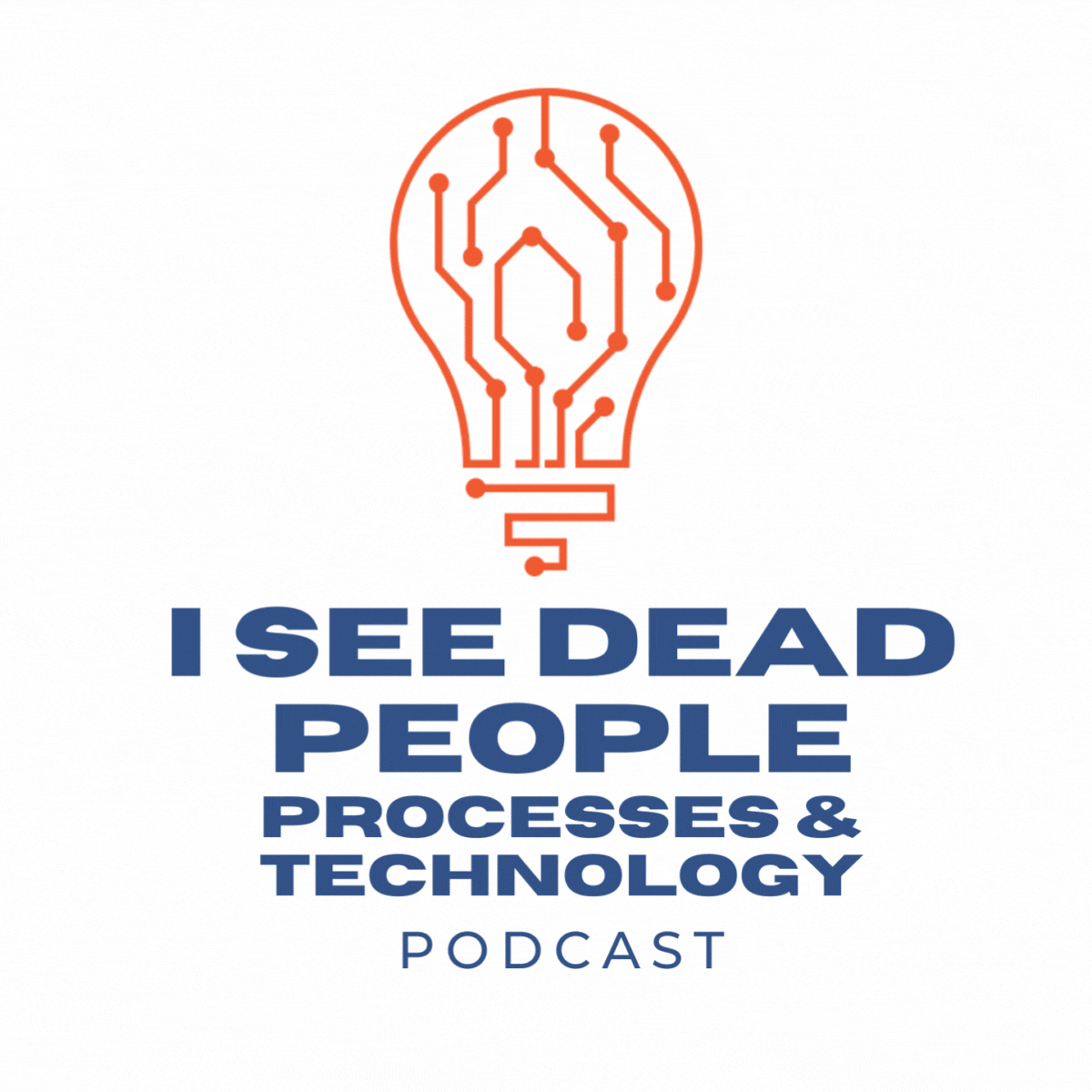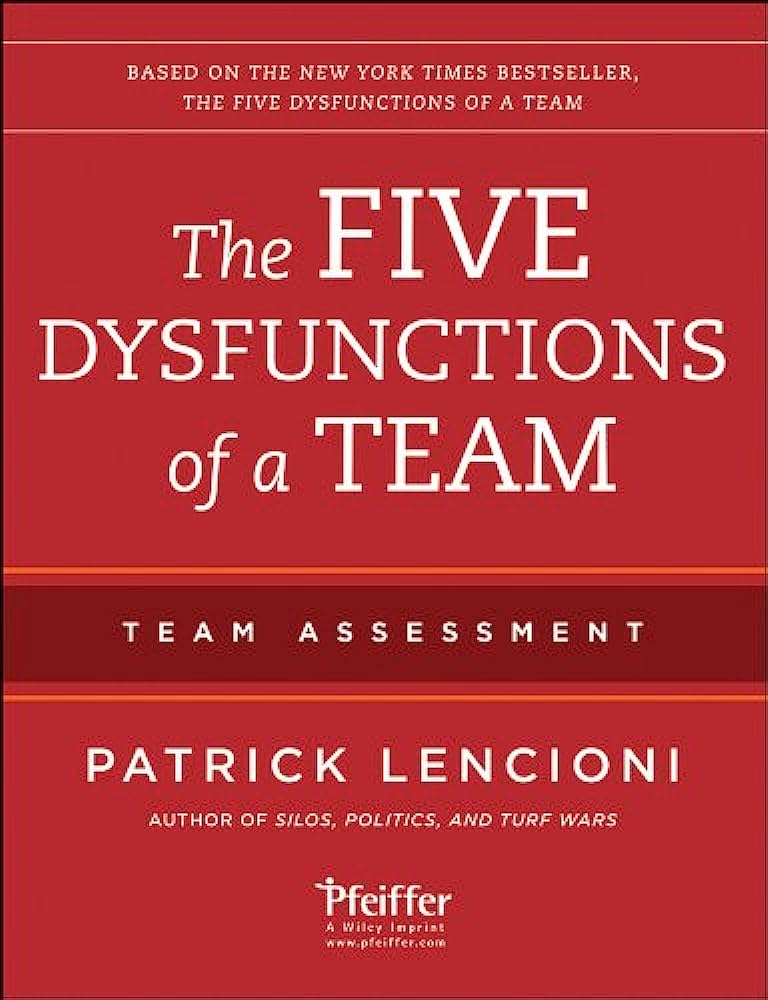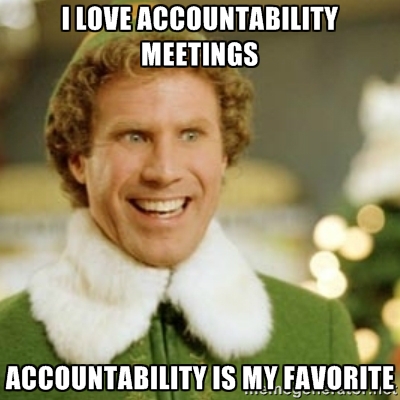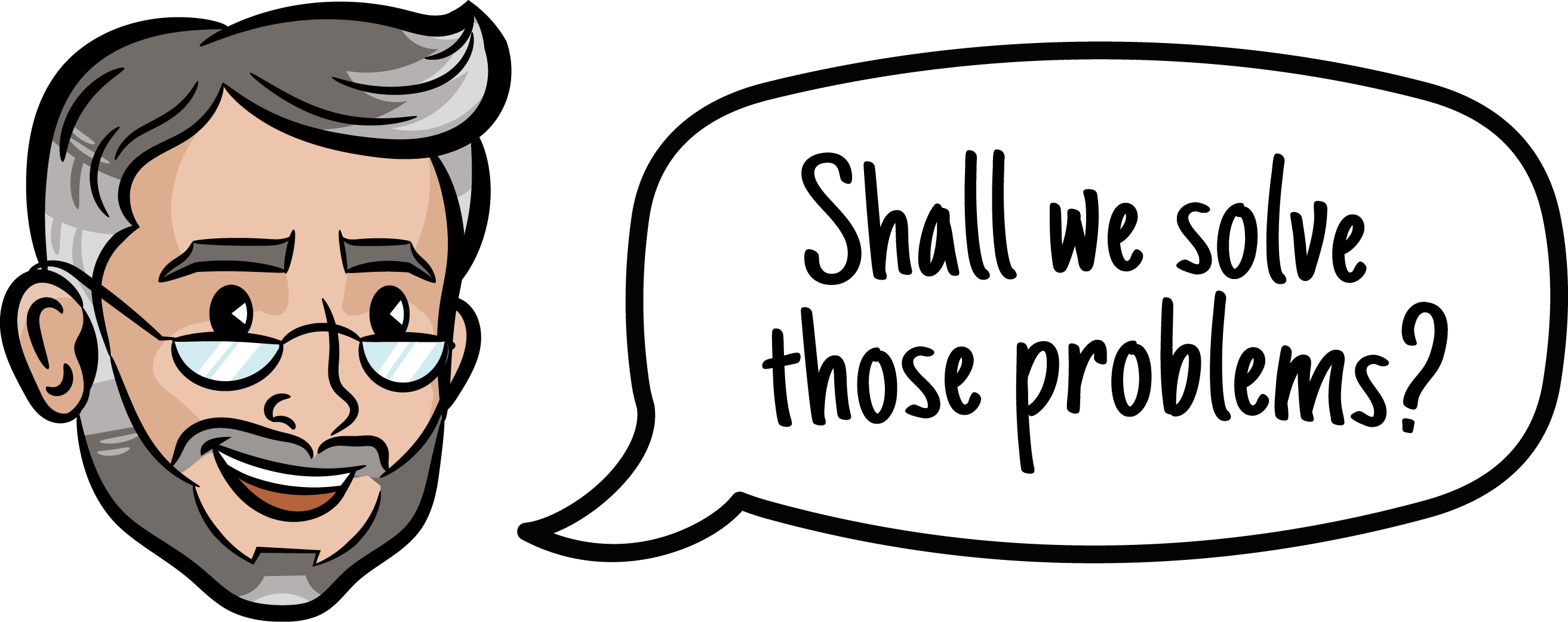
In the podcast “I See Dead People Processes and Technology,” hosted by Justin Williams, various professionals share their experiences and insights on overcoming challenges within teams and organizations and solving dysfunctions.
Within the podcast, Justin discusses the Five Dysfunctions of a team in each episode. The Five Dysfunctions of a team are:
- Absence of Trust
- Fear of Conflict
- Lack of Commitment
- Avoidance of Accountability
- Inattention to Results
Episode 4, featuring Eddie Davis, delves into the fourth dysfunction of a team – avoidance of accountability. Eddie shares his experiences as an executive in a fintech startup and how he successfully tackled the issue of low team performance and accountability.
Listen to Episode 4The Five Dysfunctions of a Team
The Five Dysfunctions of a Team, as described by Patrick Lencioni in his best-selling book, are a framework that identifies common obstacles that hinder team effectiveness. These dysfunctions are interconnected and can create a negative spiral within a team if left unaddressed.
- Absence of Trust: The foundation of any successful team is trust. Without it, team members are hesitant to be vulnerable, share their ideas, or admit mistakes. Lack of trust leads to an environment of guardedness and self-preservation, preventing open and honest communication.
- Fear of Conflict: Healthy teams engage in constructive debates and discussions to arrive at the best decisions. However, when team members fear conflict or avoid disagreements, important issues remain unresolved, and innovative solutions are stifled.
- Lack of Commitment: Teams that do not participate in open conflict struggle to reach consensus and make decisions. Without commitment, individuals may privately disagree with a chosen course of action, leading to low buy-in and suboptimal outcomes.
- Avoidance of Accountability: Ineffective teams often exhibit a lack of individual and collective accountability. Members are unwilling to hold each other responsible for their actions, which erodes trust and undermines overall performance.
- Inattention to Results: The ultimate goal of any team is to achieve collective success. When individuals prioritize their personal goals over team objectives, or when team accomplishments are not celebrated and rewarded, the team’s performance suffers, and overall results are compromised.

Addressing these dysfunctions requires proactive leadership and a commitment to building a culture of trust, open communication, and accountability. By acknowledging and resolving these issues, teams can enhance their productivity, foster innovation, and achieve sustainable success.
The Background: Identifying the Dysfunctions
Eddie found himself facing a common problem in many organizations – a lack of accountability within the team.
In his fintech startup, the team of Sales Development Representatives (SDRs) was struggling to meet their performance metrics, leading to a frustrating cycle of finger-pointing and blame between team members, the sales director, marketing, and other departments.
Recognizing the need for a solution, Eddie set out to determine the root cause of the problem and create an environment where accountability and productivity would thrive.

Note
If you come across any unfamiliar terms in the podcast, they are likely defined in our marketing jargon encyclopedia.

Setting Clear Goals
To address the accountability issues within the team, Eddie established three primary goals that would signify a successful outcome. Firstly, he wanted the SDRs to experience career development and receive variable compensation. Secondly, from the perspective of the C-suite and investors, they sought a positive return on investment and progress in the right direction. With these objectives in mind, Eddie began to devise a plan that would lead the team to achieve them.
In the context of addressing team dysfunctions, the concept of “low-hanging fruit” refers to readily achievable opportunities for improvement. These are often the simplest and most immediate changes that can be implemented to yield positive results. Just as a team must address deeper dysfunctions to achieve lasting success, seizing low-hanging fruit can serve as a starting point for positive momentum. By tackling easily solvable issues, teams can build confidence, demonstrate progress, and create a sense of achievement, which can then fuel their motivation and commitment to address more complex challenges.
Implementing Healthy Competition
One of the key strategies Eddie employed in the company’s ABM funnel was dividing the team into two smaller teams and introducing a monthly sales competition. The idea behind this approach was to foster healthy competition among the SDRs while encouraging collaboration within each team. The competition provided a motivating factor for the team members, and they were driven to perform at their best to win the rewards offered.

Establishing Weekly Accountability Meetings
Accountability is not merely about pointing fingers; it is about understanding individual roles, responsibilities, and contributions. Eddie recognized this and instituted weekly Friday accountability meetings.
During these sessions, each team member was assigned a specific area of focus, which they would then report on every Friday. A significant aspect of these meetings was the role of the metrics chair, responsible for presenting Key Performance Indicators (KPIs) for each team member in an objective and factual manner. Had someone forgotten the meaning of one and done? Was someone else behind on CRM hygiene? These meetings were to surface issues like that in a factual way.
Creating a Culture of Transparency
Through the implementation of weekly accountability meetings and the presence of the metrics chair, a culture of transparency was nurtured within the team. Every team member knew what their colleagues were working on and could understand the efforts put in by each individual. This transparency not only ensured that everyone was on the same page but also motivated team members to support one another and hold each other accountable for their actions.
It was also just fun to hear sales people cutting their teeth and lobbing phrases like “Coffee is for closers” and “ABC!” at their teammates.
Positive Outcomes: Growth and Progression
Eddie’s efforts bore fruit as the team dynamics began to transform. With the introduction of healthy competition and accountability meetings, individual team members started to make progress, or they realized that the role was not suitable for them. Consequently, team members who were not the right fit for their roles were able to communicate openly with Eddie, leading to better team alignment.
The team as a whole became more predictable, consistent, and efficient in their approach to work. The sense of accountability and collaboration within each team helped team members grow both personally and professionally. While the term RevOps was not common in that era, the cross-team reporting became much easier to manage. The team’s overall performance improved significantly, and they were able to meet their objectives successfully.
Conclusion
The podcast episode featuring Eddie Davis on “I See Dead People Processes and Technology” provides valuable insights into addressing the fourth dysfunction of a team – avoidance of accountability. By introducing healthy competition and establishing weekly accountability meetings, Eddie fostered a culture of transparency and collaboration within the team. The result was a significant improvement in team performance and individual growth, which not only met the initial goals but also contributed to the overall success of the fintech startup.
Found any new Sales and Marketing jargon words throughout this article? Take a look at our Jargon Encyclopedia to learn even more fun ways of communicating at the office!
A big thank you to Justin Williams for the invite and if you have a sales team in your budget or under your direct management, take a look at what Justin is doing to power up sales with AI.
For Further Reading: Threads: A Fresh Start to Public Conversations – An In-Depth Look


